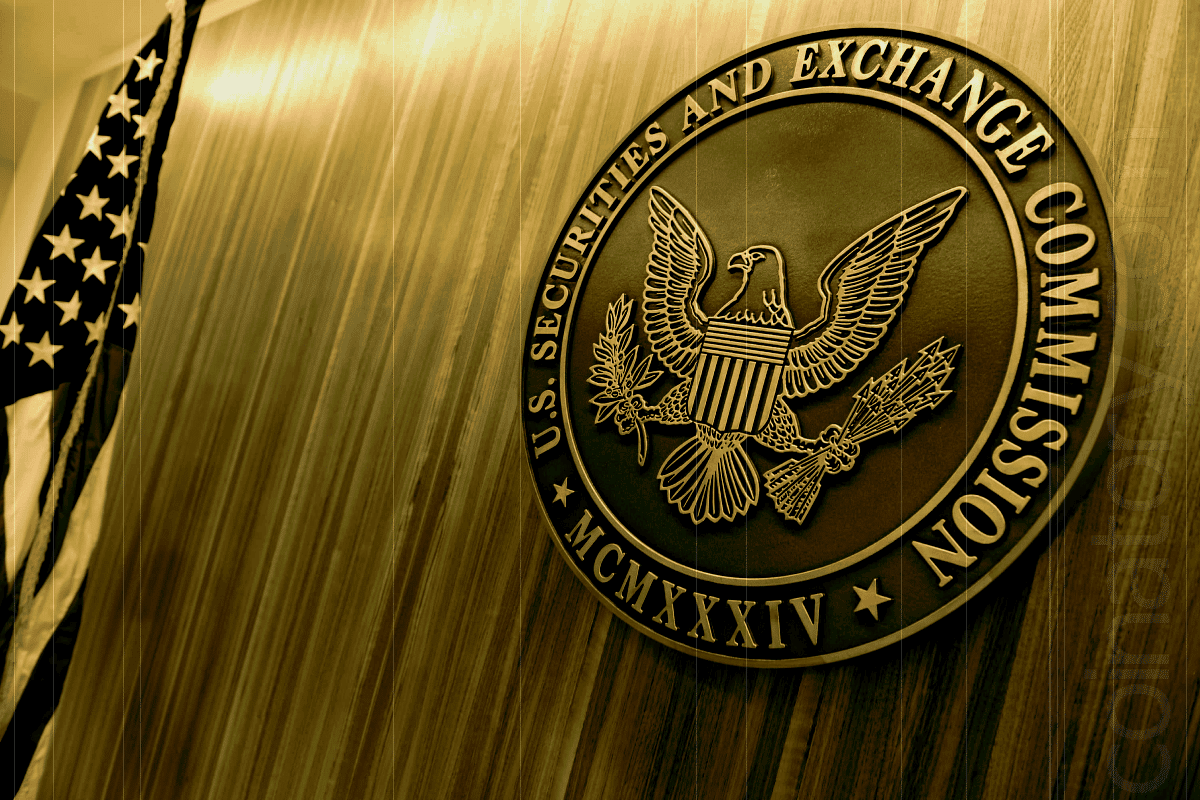
The U.S. Securities and Exchange Commission (SEC) now requires its enforcement staff to obtain high-level approval before initiating formal investigations, according to sources cited by Reuters. This policy shift, implemented under the SEC’s new leadership, mandates that politically appointed commissioners must authorize subpoenas, document requests, and testimony compulsion—marking a significant departure from prior procedures.
SEC Oversight Modifications Due to Leadership Changes
In the past, SEC enforcement officers had the authority to start investigations on their own, but commissioners still had supervisory control. The agency’s strategy has changed, though, as a result of recent leadership changes brought about by the retirement of Commissioner Jaime Lizárraga and former Chair Gary Gensler. Mark Uyeda was named Acting Chair by President Donald Trump, and the SEC now has three members: Uyeda, Hester Peirce, and Caroline Crenshaw.
Reactions to the decision to consolidate investigative power have been conflicting. Former banking consultant and NFT market analyst Tyler Warner views the action as a defense against “rogue attacks,” implying that commissioners will examine cases more thoroughly before granting approval. But he also pointed out possible drawbacks, like holding up the resolution of real fraud cases. Warner said, “Too early to call it net positive or negative, [though] I lean positive,”
Worries About Fraud Prevention and Slower Investigations
Investigations could be approved by the agency’s enforcement directors without commissioner-level clearance during the previous SEC administration. Whether the SEC formally voted to revoke this authority transfer is still unknown.
Critics contend that the new approach could obstruct prompt regulatory action, even if SEC enforcement personnel are still permitted to carry out informal inquiries, such as requesting information without commissioner authorization. Marc Fagel, a retired lawyer who focuses on securities litigation and SEC enforcement, was quite critical of the shift and described it as a “step backward.”
“Having been personally involved in the original effort to delegate formal order authority, I can say this is a dumb move that will do nothing but make already slow investigations take even longer. Great news for anyone committing fraud,” he said.







